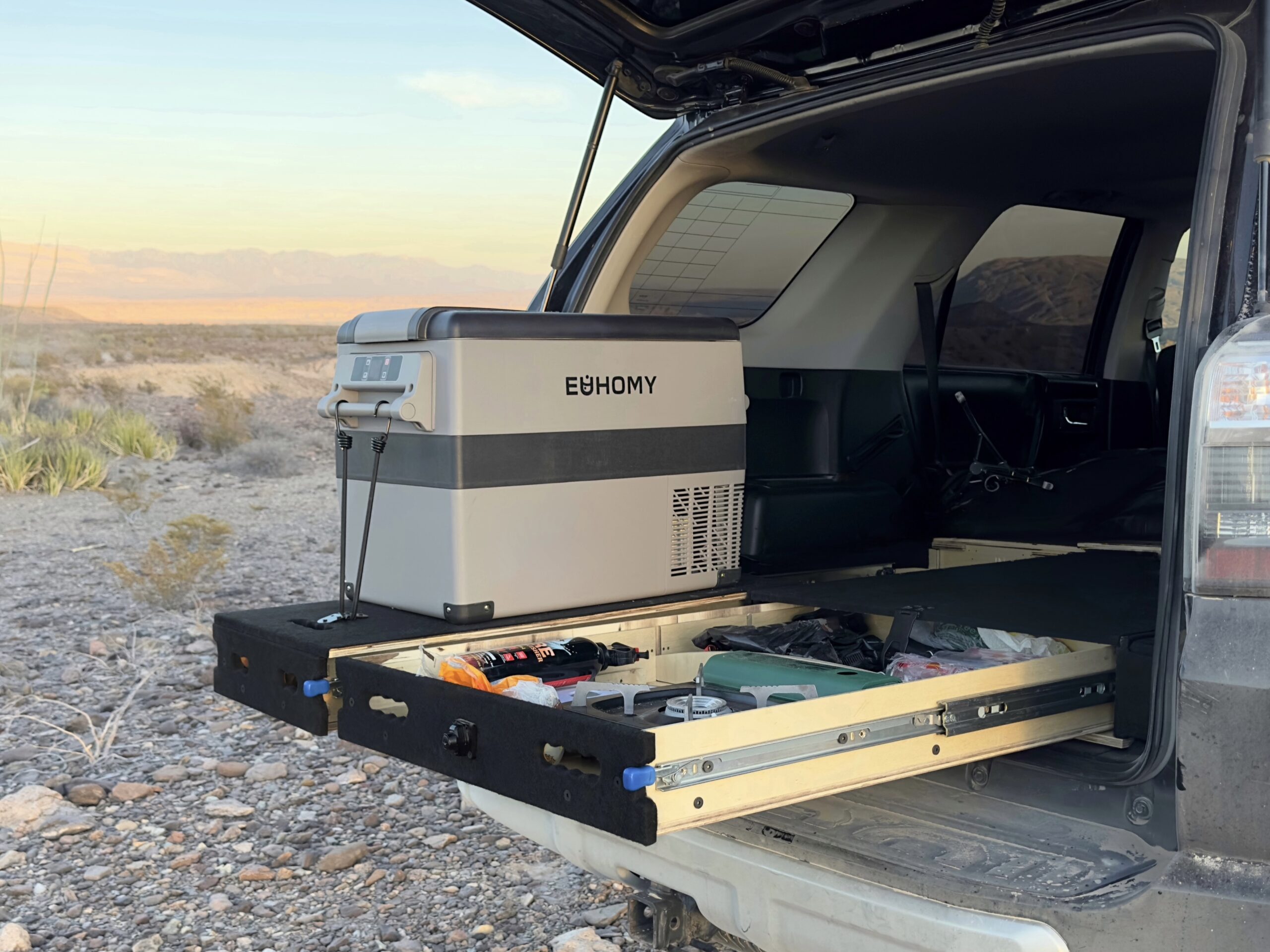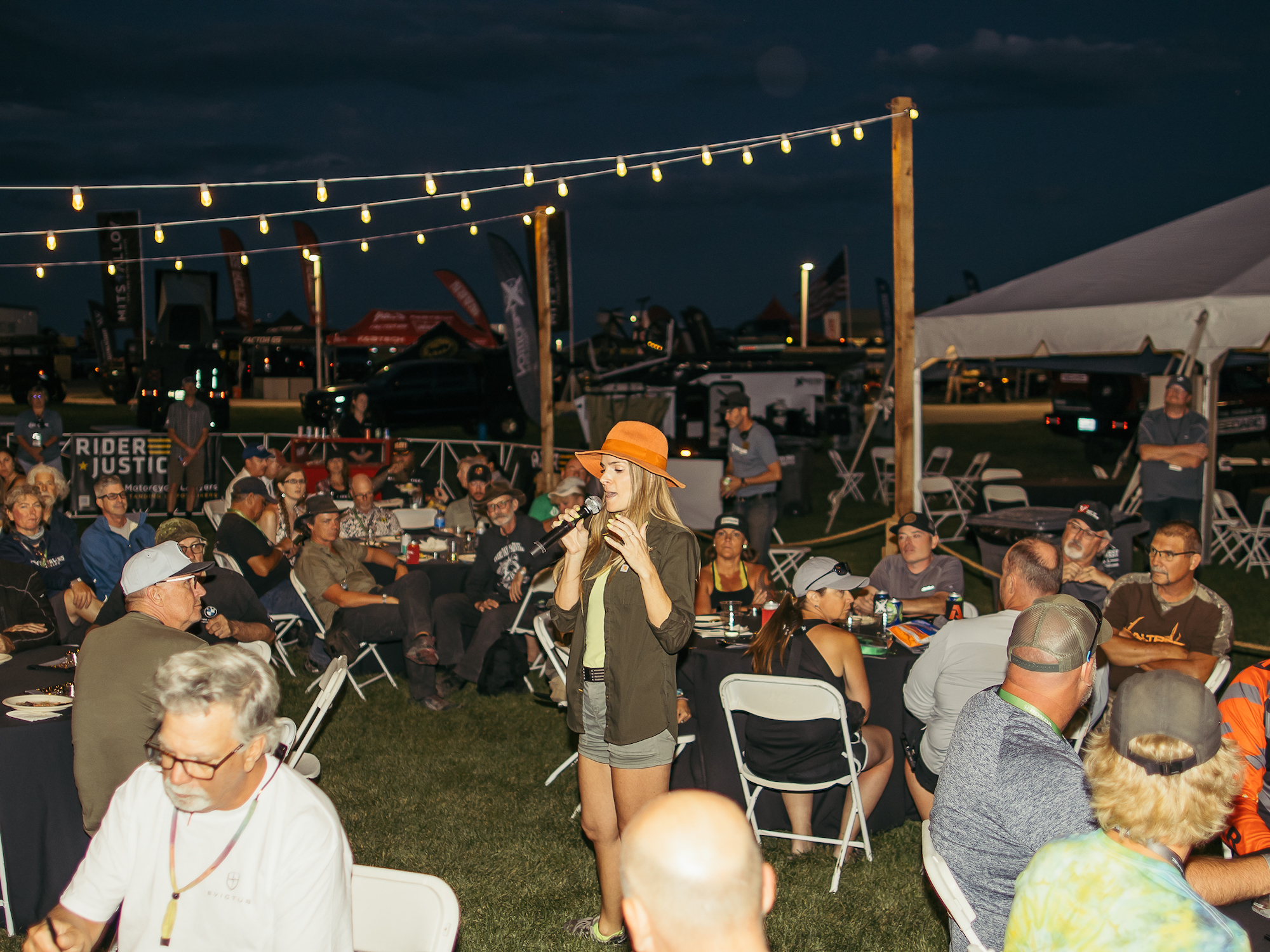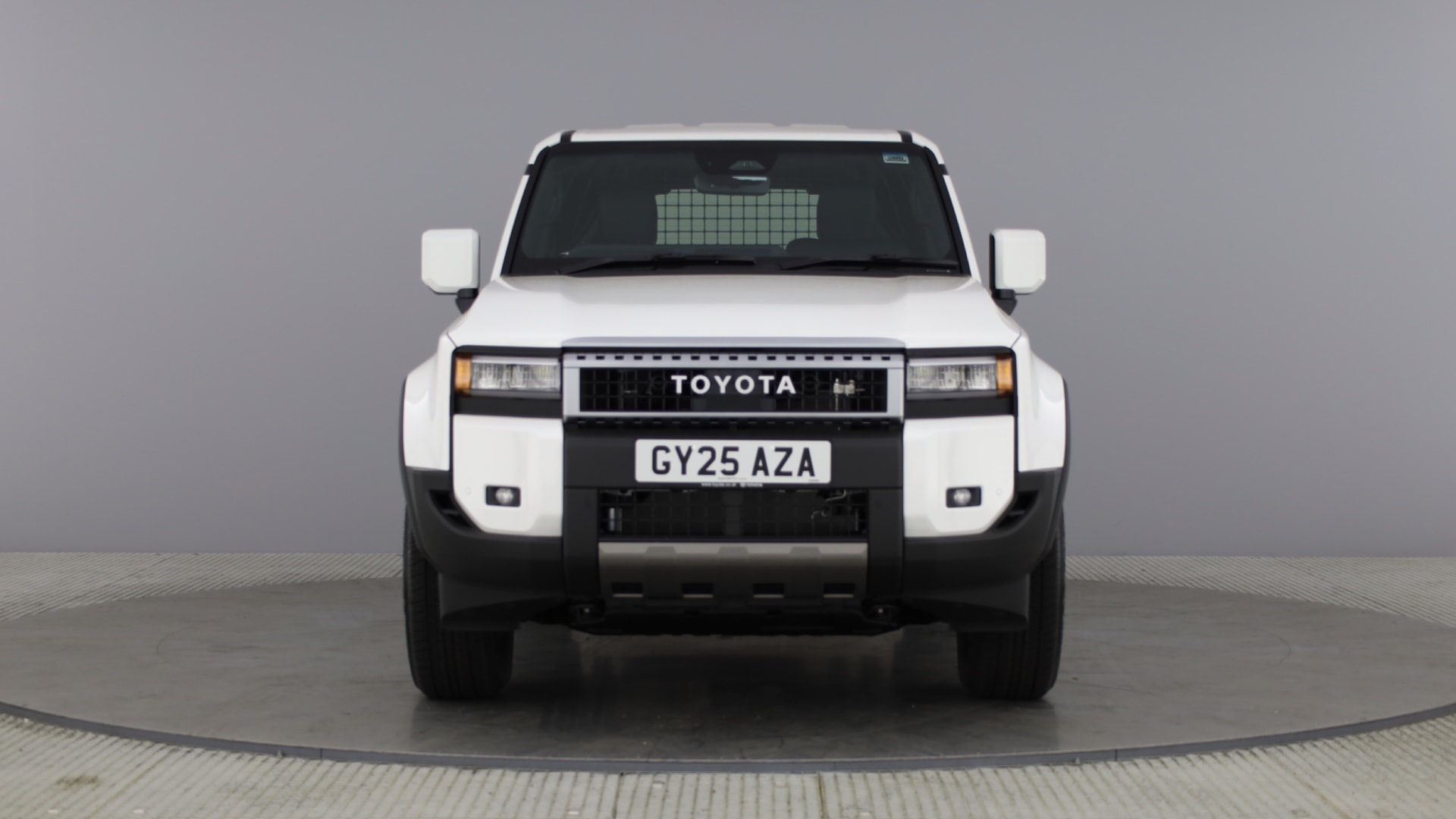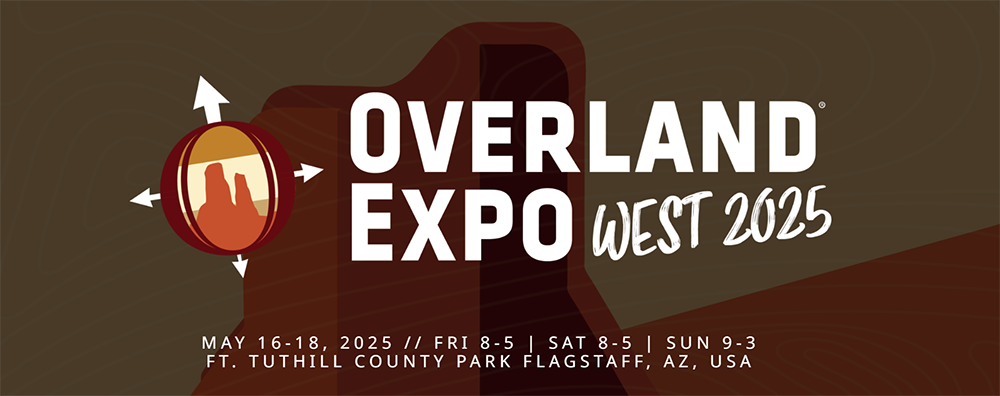
The term “overlanding” can mean something different for everyone. For some, overlanding is a quick trip to the mountains in an organized campsite, for others it could mean long trips consisting of highway driving followed by challenging off-highway terrain to a remote place. For still others, it means long-term traveling in a vehicle or motorcycle that could span multiple countries or continents.
Wherever you fall on the overlanding spectrum, getting started is relatively simple. Let’s discuss some ways to prepare yourself, your vehicle, and your finances for your journey ahead.
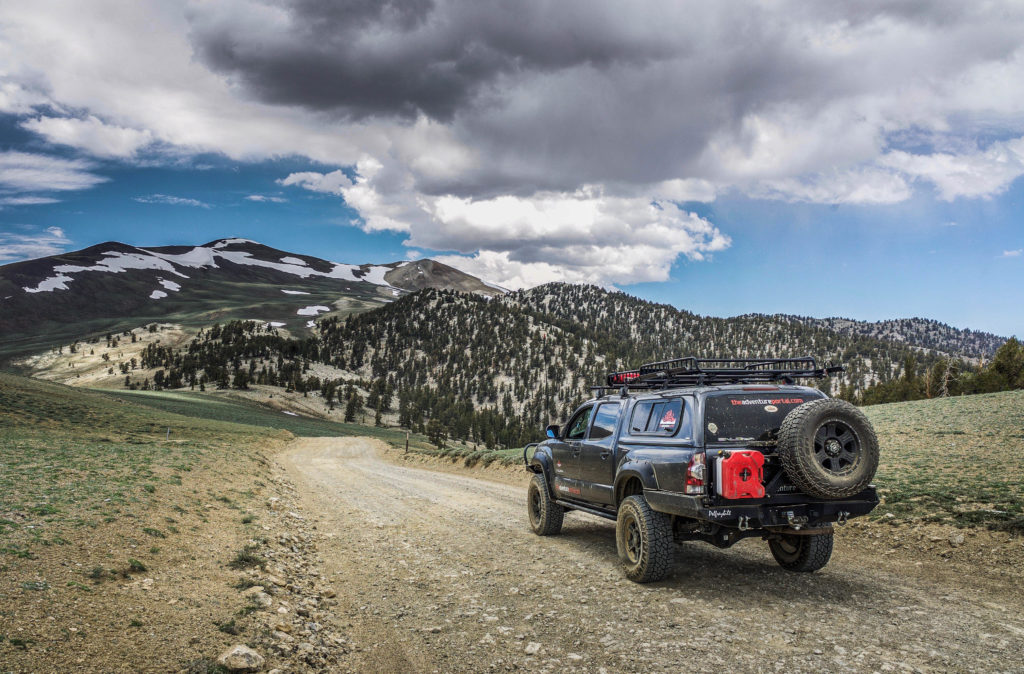
Get Outfitted
Choosing a rig for your overland adventures can be a time consuming process, but just remember that you can simply use the vehicle you have in your driveway already. It doesn’t have to be built out to go enjoy a nice cruise down a graded forest service road to a campsite. Just throw your camping gear into your vehicle of choice and hit the road.
If you’re looking for a primer on choosing an overland rig of your own, I highly recommend our articles, “What is an Overlanding Vehicle?” or “The Best Vehicle for Overlanding” Pick a rig that works for you and the style of travel you do (or want to do.) Don’t be swayed by YouTube content creators or flashy Instagram posts. Your vehicle must be useful for YOU.
Once you pick a vehicle, you’ll need a few things to outfiit it. Remember that less is usually more when you first start overlanding. There’s no need to go all-in for your first trip. Starting out simple is an easy way to focus on the experience. Building your kit slowly, selectively, and by utilizing crowdsourcing to find out which products others with your rig or similar travel plans are happy camping with is a great strategy. A great spot to learn more is the DIY and Showcase Area at an Overland Expo event near you. There you’ll see real vehicles driven by real people and you’ll get to examine their rig and ask them questions about their gear choices. This is invaluable!
Don’t go overboard with gear for your first trip. Using the less is more theory, bring things you know you’ll need, like sleeping gear, cooking gear, shelter, and a few other items. Build your kit slowly and methodically. Remove things you never use and add things you forgot and eventually you’ll have the perfect kit for your style of travel. Don’t forget the bourbon or the coffee for the next morning!
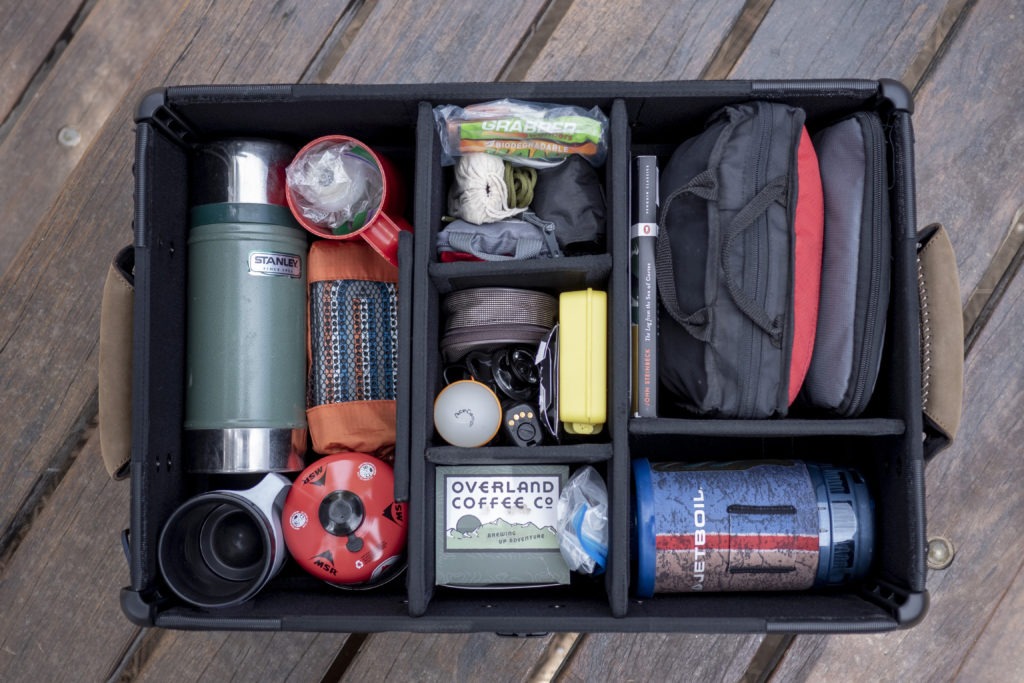
Get Trained
Most of us learned to drive in our mid-teens. By the time we set off for our overland travels, our skills may be a bit rusty. A defensive driver course or Motorcycle Safety Foundation course to refresh basic skills are highly advisable.
Outside of some basics, you should look at getting training that’s applicable to your chosen vehicle. Just because you plan to stick to the easy routes doesn’t mean you should forego recovery gear and, more importantly, knowing how to use it. Learn first aid skills for when you’re far off grid and can’t get to medical help quickly. Take the time to learn wilderness survival skills including fire-making, foraging, and water purification. Vehicle maintenance and trail repair are important skills to have in your repertoire as well.
The list can be daunting, but there is one place to get all of the training and learn all of the skills you need to feel safe and confident taking your vehicle into the backcountry…Overland Expo! Either join us at any of our events to get a taste of our education area and learn the skills you need, or go the extra step to join us at Overland Expo Pacific Northwest and learn from our Overland Expo Training Team.
READ MORE: What Is an Overland Vehicle
Where to Go
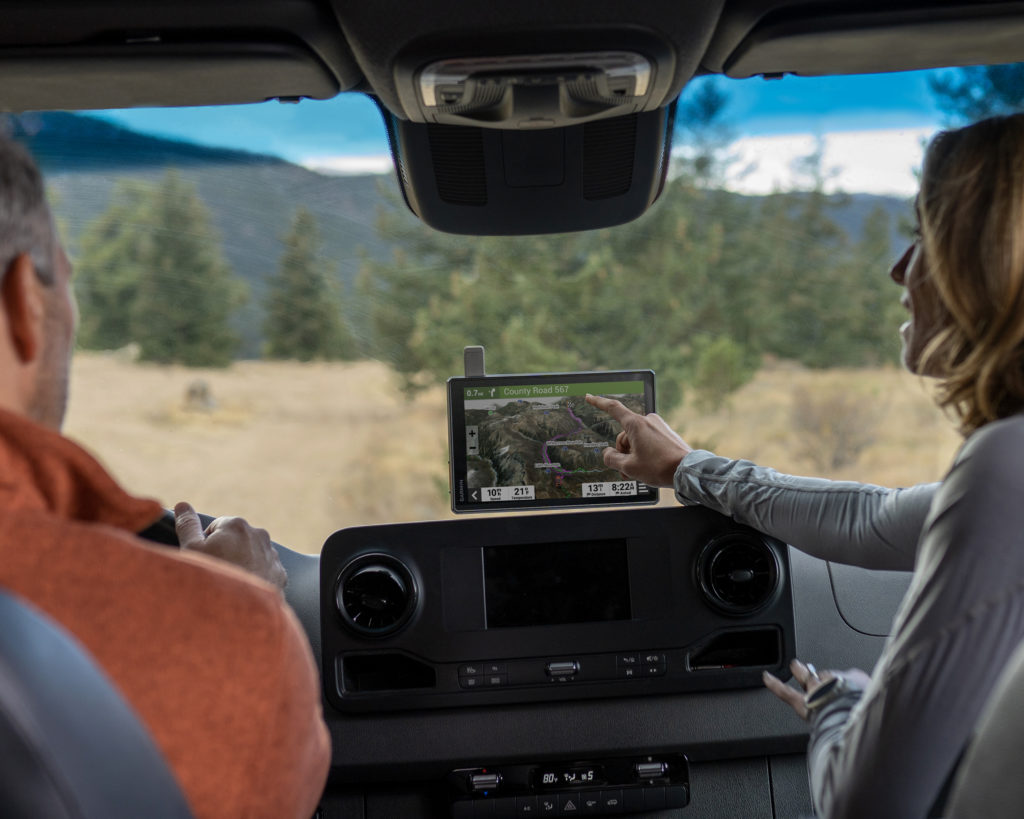
What to take is only half of the battle. For the beginner overlander, deciding where to venture out can be very intimidating. You can still have some adventure but focus on enjoying your trip. There will be plenty of time for challenging trails and arduous journeys in the future.
For inspiration, find local overlanding focused social media groups, look for a nearest National Forest, or check out our primers on Where to Go Overlanding and How to Find Overland Trails.
Get Out There
Your first trip can be intimidating, but it’s a great opportunity to perform a shake-down run. Plan a weekend, or better yet, a week-long trip with the sole purpose of getting it out and testing your rig and equipment.
That sleeping pad may have rave reviews but might not work for you, or the navigation application you’re using might have a steep learning curve. Discovering these things when you’re relatively close to home and your time commitment isn’t that great is better than finding out at the beginning of a long trip.
READ MORE: Where to Camp While Overlanding
Finances
If your end goal is long-term travel, you’ll need to make sure you can support yourself on the journey. Budgeting for an overland journey can be daunting, but it doesn’t have to be. Identify overlanders whose blogs you enjoy and talk to them about how they handle their budget. Of course, everyone will be different. In order to successfully plan your costs, you will need to consider how you will be happy living on the road.
Are you perfectly comfortable sleeping in a tent? Or will you need to factor hotel costs into your budget? Do you plan to eat every meal in a restaurant? Or cook between one and three meals a day yourself?
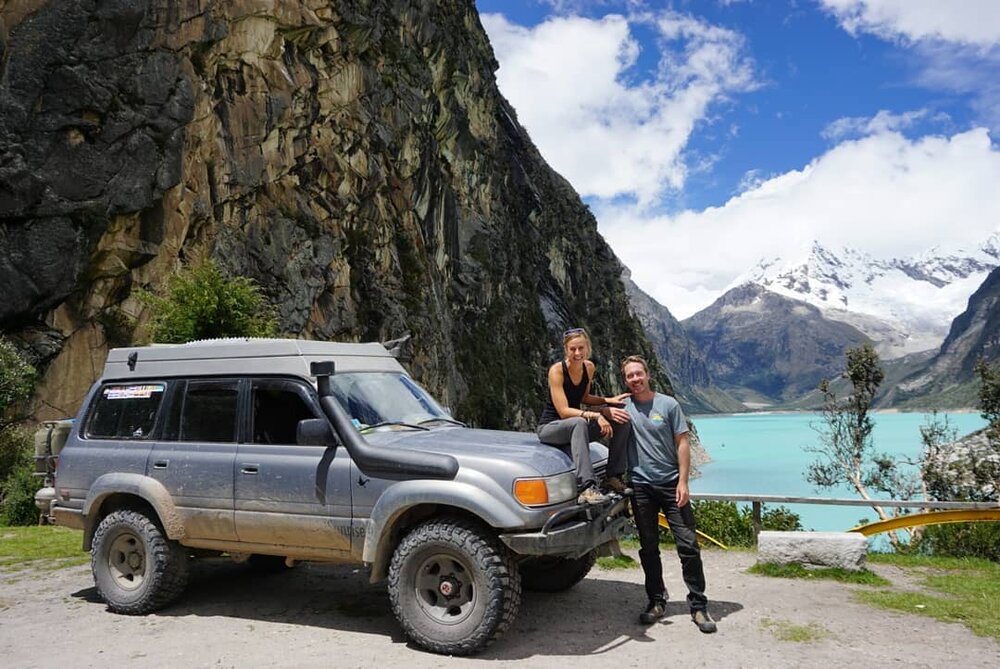
For a while, it was rare that someone could work from the road, but now remote work is relatively common. If you aren’t currently in a position where that’s possible, you can look to make career changes that will allow you to hit the road long-term when you’re ready to take that step.
If you still have more questions about financing long-term overland journeys, you should definitely visit an Overland Expo. At nearly every one of our events, you’ll have access to round table discussions and sessions that explore this very topic.
Get Inspired
I’m not talking about listening to stories about the most beautiful waterfalls people have seen or the most amazing meals they’ve enjoyed in a far-flung country. I’m talking about reading true travelogues or watching vlogs by travelers who are honest about the hard days.
While Instagram accounts of overland travelers can make it appear like a perpetual vacation, that is most certainly not the case. There’s always the potential for something to wrong on the trip. No matter if it’s a weekend trip on local forest roads or a trip through another country, the unexpected can, and will, happen. However, this is all part of the experience. It’s why we make sure we’re prepared with both proper equipment and training. Plus, when things go a little wrong, you usually come out on the other side with some great stories.
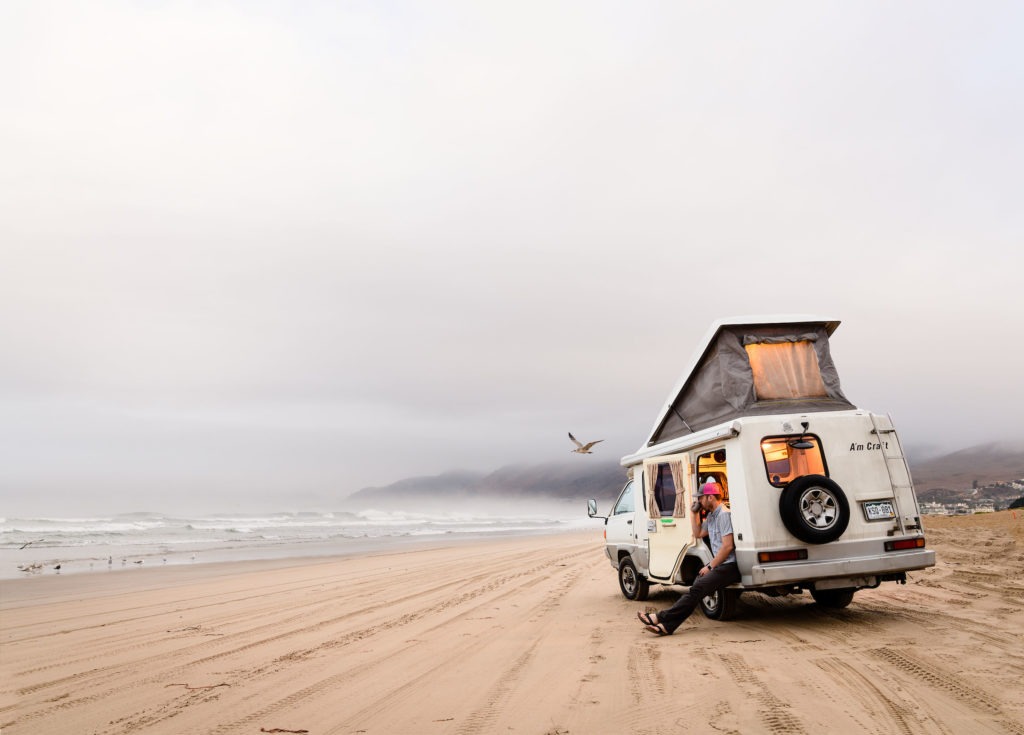
Don’t Over-Plan
Planning paralysis is a real thing. Over-plan, and you might never leave. Planning for an overland trip can be unnerving, especially if it’s a long-term/long-distance one. So unnerving, in fact, some people never make it past planning.
Having a general idea of where you want to go and what you want to do is important. Knowing basic information about your vehicle is essential. Know location-specific information like what vaccinations will be necessary along your route and what paperwork/fees border crossings will require. Outside of those few things, remain flexible. This is exactly where “it’s about the journey, not the destination,” comes from.
Now, get your rig loaded with a bit of gear, pick a spot on the map, and go.
If this post has gotten you excited and you can’t wait to meet other overlanders in person, learn from the pros and seasoned amateurs, and get fantastic deals on the newest gear, come to our next event! We will be in Flagstaff, Arizona, May 16-18 for our largest event of the year, Overland Expo West. We’d love to see you there!

